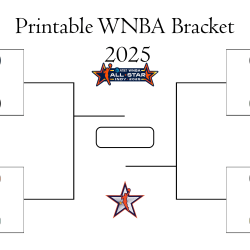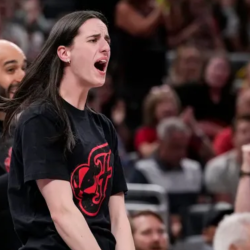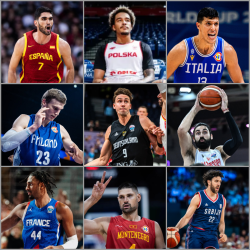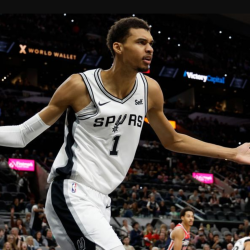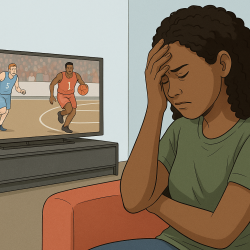 A meeting of 27 representatives from the Euroleague met last week to discuss and develop a three-year plan for the direction of the Euroleague and domestic leagues from 2009 to 2012.
A meeting of 27 representatives from the Euroleague met last week to discuss and develop a three-year plan for the direction of the Euroleague and domestic leagues from 2009 to 2012.
22 Euroleague clubs and 5 league representatives met in Rome, Italy and overwhelmingly voted in support of a plan that would “permit a greater consensus across Europe and would allow for greater participation from teams and national leagues that do not currently have access to the competition.”
23 of the 27 representatives voted for the proposal with 2 voting against it. It’s a good bet that the new guidelines will greatly enhance the Euroleague’s reputation and media exposure over the term of the agreement. Here are a few highlights of the agreement:
• The Eurocup will be a series of five separate and distinct qualifying competitions:
- Qualifying Rounds
- Regular Season
- Top sixteen
- Playoffs
- Final Four
• The qualifying rounds will be played by eight teams, with two advancing to the Regular Season.
• The regular season will involve 24 teams.13 of these teams will have long-term A Licenses, 10 will have one-year B Licenses, and the Eurocup champion will have a one-year C License.
• Teams receiving A Licenses will be determined by an agreed upon formula to rank teams since 2002-2003, when the competition was consolidated to 24 teams.
• Champions of at least 12 National Leagues, possibly more, would be assured of Euroleague play. If an A Licensed team wins their National Championship, the berth would go to the next-highest ranked team in all the leagues, not just in that particular country’s league. This will assure greater opportunity for the best teams to play in the Euroleague.
• If the reigning Eurocup Champion wins its National League Championship, they will go to the Euroleague as their country’s National Champion and the Eurocup slot will be filled by a wild-card team based on high ranking in all the leagues at the time.
As the parties continue to refine the relationship between them, they will advance the cause of basketball in Europe to new levels. The sport and the league will continue to grow as the Euroleague capitalizes on television coverage and commercialization of the competition.
Basketball will achieve a boost in public support and popularity as the teams and leagues work out their differences and become more united. For basketball in Europe… that is a good thing! (Bob Bagley, basketball betting analyst)
Links and Resources: A suggestion for a new Euroleague system (Interbasket), Euroleague clubs, national leagues support strategic plan (Euroleague.net), Leagues, clubs, coaches back Euroleague Basketball’s restructuring plan (Euroleague.net)


